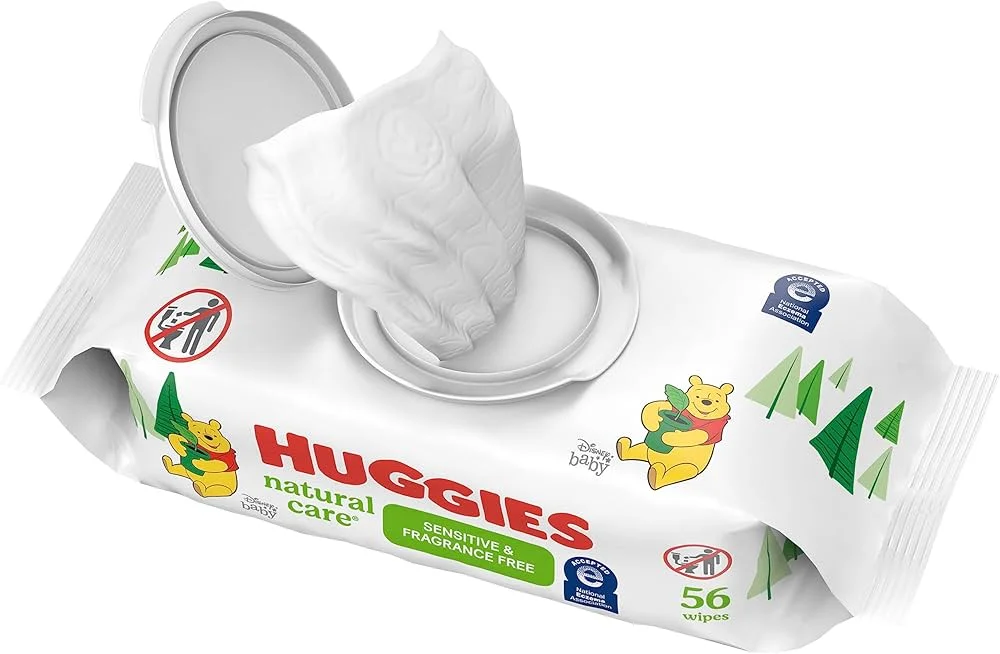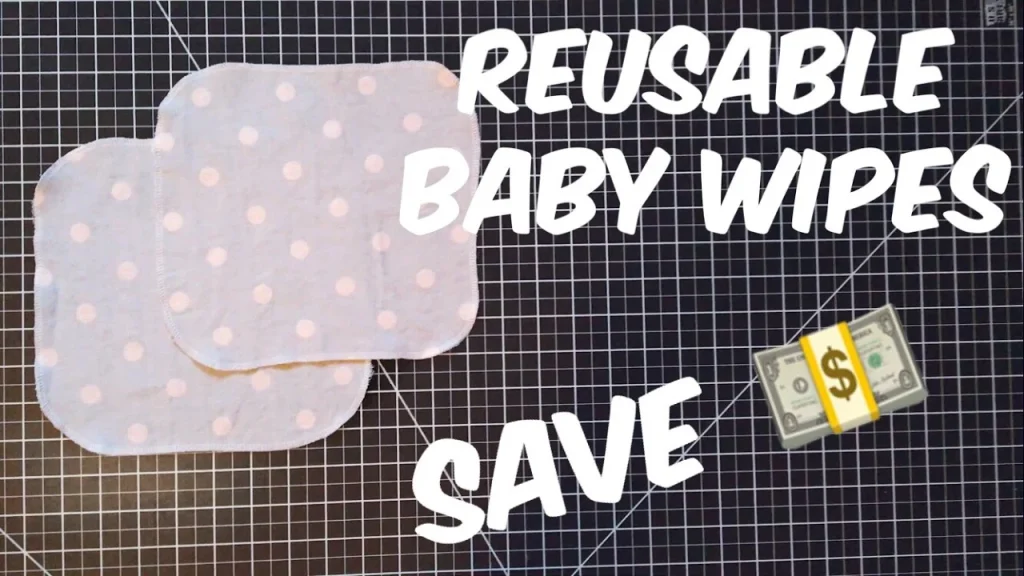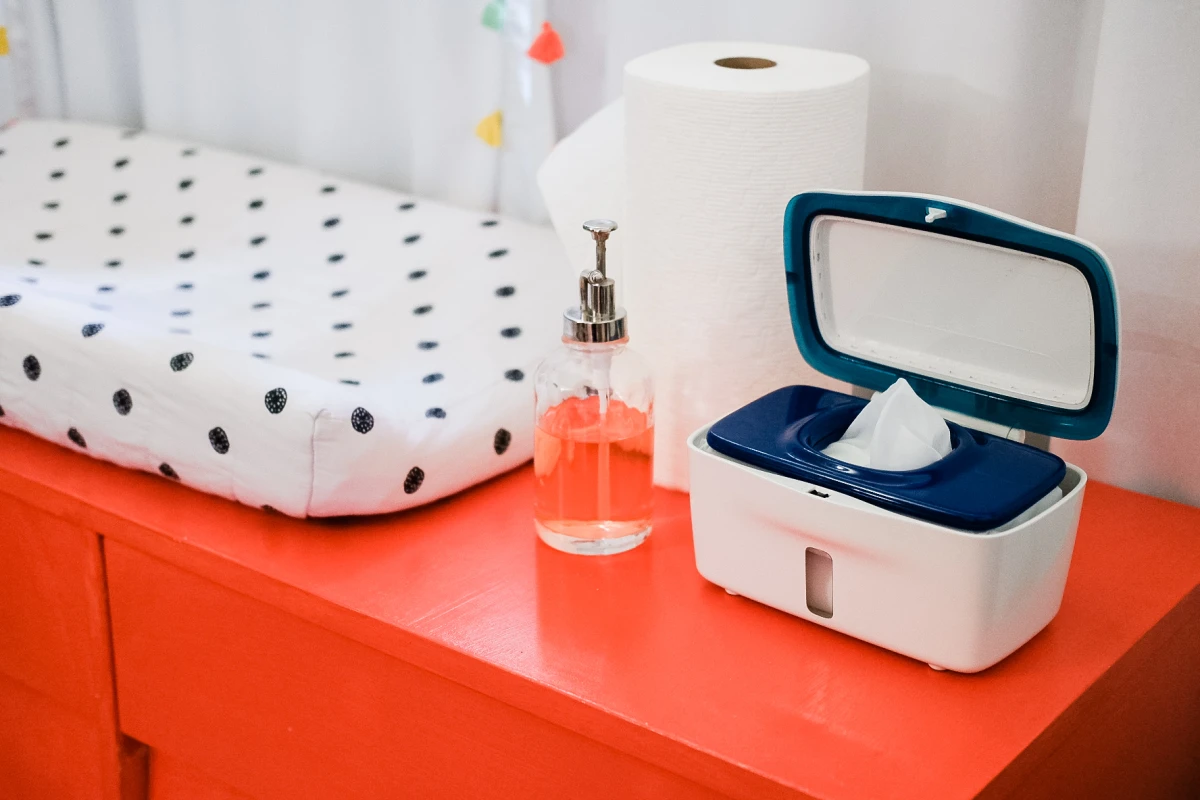When it comes to baby stuff, there is nothing as fulfilling as knowing that you’re using something safe and natural. Commercial wipes for babies can contain chemicals and preservatives not suitable for your baby’s sensitive skin.
Thankfully, it is easy to make natural homemade baby wipes that will ensure your child’s skin touches only what you choose.
Wholly for the Homemade Ones
Store-Bought Diaper Wipes Problems
Some commercial baby wipes contain artificial fragrances, alcohol, and preservatives. These constituents can irritate the skin of children who are allergic. Additionally, some of these chemicals may have more severe health implications than simply an allergy or endocrine disruption. These risks can be eliminated by simply making one’s veil.

Importance of Using Green and Safe Wipes
The advantage of using homemade baby wipes goes beyond being free from harmful substances. They are neither expensive nor pollute the environment hence customizable according to your baby’s needs.
For instance; by using coconut oils, essential oils like lavender oil or chamomile oil which heal dry skins as well as soothe them completely while still gentle on sensitive skins.
Materials list for Making Reusable Baby Wipes at Home
Important Contents
Certain key ingredients will have to be used if effective DIY reusable baby wipes have to be made. These components are chosen not just because they do not pose any danger but also due to their benefits on your infant’s skin.
Skin Moisturization through Coconut Oil
Coconut oil is often included in homemade baby wipe recipes because it has antifungal properties as well as acts as an antibacterial agent while at the same moisturizing the skin intensely so that no rashes or any other conditions occur.
Other Oils (e.g., Baby Oil, Essential Oils)
Alternatively, go for baby oil, or other oils e.g. almond and olive if coconut oil is not an option. Additionally, a few drops of essential oils like chamomile, or lavender may offer relief from stress while leaving the skin even healthier.
This will only be effective when you use safe essential oils for babies and in the right dilutions.

Equipment and Materials Needed
In addition to ingredients, there are several basic tools that you should have while preparing these wipes. These include; a container to store them, paper towels or cloth wipes, and some measuring cups.
Paper Towels Versus Cloth Wipes
The choice is yours between using paper towels which can be thrown away after using them once or going with cloth wipes that can be washed thus being friendly when it comes to saving the environment.
A Simple Method For Homemade Baby Wipes
Making Disposable Baby Wipes
If convenience is your top priority then disposable wipes are your best bet. Here’s how you can make your own:
How To Make Paper Towel Wipes At Home
- Cut the Roll into Two: Use a sharp knife to cut the roll of high-quality paper towels into halves.
- Solution Preparation: Mix 2 cups of warm water with 2 tablespoons of coconut oil (or other preferred oil) in a bowl together with some essential oils if needed.
- Soak the Towels Overnight: Place the paper towel roll in a container along with its lid and pour the solution over it till it is completely soaked through then take off the center cardboard tube.
- Storage and Use: Draw the wipes from the center of the roll and store them in sealed containers to maintain their moist condition.
You can customize the solution to suit your baby’s skin needs. For instance, if your baby has sensitive skin you might use distilled water without essential oils.
Creating Reusable Baby Wipes
Reusable wipes are a great way to reduce waste and save money over time. Here is how you make them:
Instructions for Cloth Wipes
- Choose Your Cloth: Select soft, absorbent fabrics like old flannel shirts cotton baby blankets, or wash clothes.
- Prepare the Solution: Stir 2 cups of warm water with 2 tablespoons of coconut oil/baby oil before adding a few drops of baby-safe essential oils into it.
- Soak the Cloths: Place the cloth in a container, and pour over them enough solution until they are fully saturated.
- Store and Use: Put them in a container which is sealed so that they don’t dry out but after using wash them with safe soap for babies to keep hygienic standards.

How to Wash and Reuse the Wipes
After using the cloth wipes, rinse off any solid waste and store used wipes in a wet bag or pail until laundry day when they will be washed in hot water with gentle detergent (you can air dry or tumble on low).
How to Store and Use Homemade Baby Wipes
Storage Tips for Longevity
Proper storage is crucial if you want homemade wipes that stay fresh and work well. Homemade wipes should be stored in an airtight container that prevents drying out; cloth wipes can be put away inside wet bags as they are more convenient for parents; avoid making too much at once this causes mold growth rather than producing smaller amounts as often as one week.
How to Use The Product Safely.
A patch test should be done on the baby’s skin before using homemade wipes every time to identify any allergies that might be present with your little one. If you notice that your child is developing signs of irritation, do not use it anymore and visit a pediatrician as soon as possible.
Homemade Baby Wipes vs Commercial Options
Inexpensiveness
The cost is among the major advantages of homemade baby wipes. Commercial baby wipes can be expensive especially if you consider how many will go through in the first few years of your child’s life.
Hence it is more economical to make them at home and still get a good quality product for your baby.
Environmental Impact
Moreover, homemade baby wipes are environmentally friendly compared to those produced by companies commercially. Disposable commercial ones create large amounts of landfill waste and some contain non-biodegradable plastic fibers.
Using cloth that can be washed and reused as a substitute reduces environmental pollution thus saving our planet for future generations.
Conclusion
It is satisfying to make your own natural homemade baby wipes as a way of ensuring that the delicate skin of your baby is protected and treated with only the best ingredients available. This allows one to choose between store-bought wipes or homemade ones therefore controlling what gets into contact with their babies’ bodies.
Parents should think about making disposable or reusable towels for their little ones whenever they are considering their health security needs.
FAQs About Homemade Baby Wipes
Can I Make Baby Wipes Without Baby Oil?
Yes, you can make baby wipes without using baby oil. Coconut oil is a fantastic option as it provides natural moisturization plus it has antibacterial effects. Olive or almond oils also work well.
How Long Do Homemade Baby Wipes Last?
Homemade baby wipes generally last up to one week if kept in proper storage containers with tight lids. Once any change in smell or texture becomes apparent then it would be best to discard them because their expiry period has ended so you should start afresh by making new ones out again.
Are they safe? DIY Wet Wipes for Adults
This is particularly useful for those with sensitive skin who may consider using DIY wet wipes designed for adults. Nevertheless, you must ensure that the ingredients used are safe and appropriate for adult skin types. You might need to adjust the recipe so it has more moisturizing ingredients to cater to various types of skin.

Russell F. Jones, holding a Master in psychology from the University of Florida. He writes for Smart Parent Solutions, offering practical advice on parenting and child development. His engaging content helps parents navigate family life with confidence and ease. Russell enjoys sharing his knowledge and spending quality time with his family.
